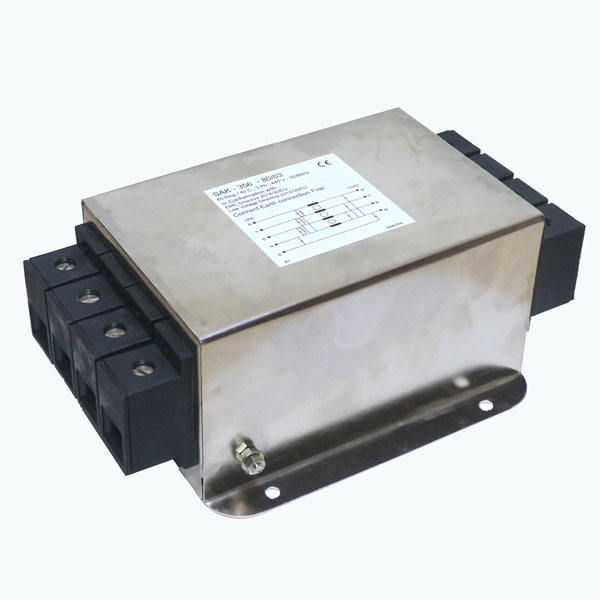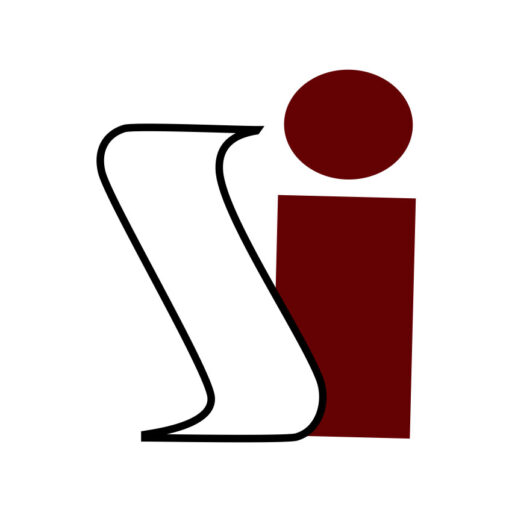Single Phase High Current Power Line Filter: Enhancing Electrical Efficiency and Safety
In today’s technologically advanced world, efficient power management and electrical safety are critical considerations across industries. One essential component that plays a pivotal role in achieving these objectives is the single phase high current power line filter. In this article, we will delve into the significance of this innovative device and how it enhances electrical efficiency while ensuring safety.
Understanding Single Phase High Current Power Line Filters
A single phase high current power line filter is an indispensable electronic device designed to mitigate electromagnetic interference (EMI) and radio frequency interference (RFI) from power lines. Its primary purpose is to safeguard sensitive electrical equipment by reducing noise and disturbances in the power supply. These filters are widely used in diverse applications such as industrial machinery, data centers, medical equipment, and telecommunications.
The Importance of High Current Handling Capability
The distinguishing feature of a single phase high current power line filter is its ability to handle substantial current loads. This capability is particularly crucial in applications where large amounts of power are required. By efficiently managing high currents, these filters prevent overload conditions, voltage drops, and potential damage to connected equipment. They ensure a stable and reliable power supply, minimizing disruptions and optimizing the performance of electrical systems.
Enhancing Electrical Efficiency
Implementing a single phase high current power line filter yields several benefits that contribute to enhanced electrical efficiency:
EMI and RFI Reduction: These filters effectively attenuate electromagnetic and radio frequency interference, resulting in cleaner power delivery. By mitigating noise and disturbances, they enable sensitive electronic equipment to operate with improved efficiency and accuracy.
Improved Power Quality: Power line filters enhance the overall quality of the power supply by minimizing voltage fluctuations and harmonics. This leads to smoother operation of connected devices and reduces the risk of malfunctions or performance degradation.
Heat Dissipation and Temperature Control: High current loads generate heat, and improper heat dissipation can adversely affect electrical components. Single phase high current power line filters incorporate thermal management mechanisms, such as heatsinks or fans, to dissipate excess heat. This ensures that the filter operates within optimal temperature ranges, prolonging its lifespan and maintaining consistent performance.
Ensuring Electrical Safety
Safety is a top priority in any electrical system, and the implementation of single phase high current power line filters contributes to a safer working environment:
Surge and Transient Protection: Power line filters are designed to handle voltage spikes and transients, safeguarding connected equipment from damage caused by sudden power surges or fluctuations.
Overcurrent and Overload Protection: High current handling capability enables these filters to protect against overcurrent and overload conditions. By monitoring and regulating the current flow, they prevent equipment damage and reduce the risk of electrical fires.
Grounding and Isolation: Power line filters incorporate grounding mechanisms to channel excess electrical energy safely to the ground. Additionally, they provide isolation between the power source and connected devices, minimizing the risk of electrical shock.
Choosing the Right Single Phase High Current Power Line Filter
When selecting a single phase high current power line filter, consider the following factors:
Current Handling Capacity: Ensure the filter can handle the maximum current requirements of your specific application to avoid overload situations.
Filtering Performance: Assess the filter’s EMI and RFI attenuation capabilities, considering the specific noise sources and frequencies relevant to your system.
Voltage Ratings: Verify that the filter’s voltage ratings match the requirements of your power supply to ensure compatibility and safe operation.
Compliance with Standards: Look for filters that meet recognized industry standards, such as UL, CE, or RoHS, to ensure product quality and safety.
In conclusion, the single phase high current power line filter is a vital component in enhancing electrical efficiency and safety. Its ability to handle substantial current loads, coupled with its EMI




